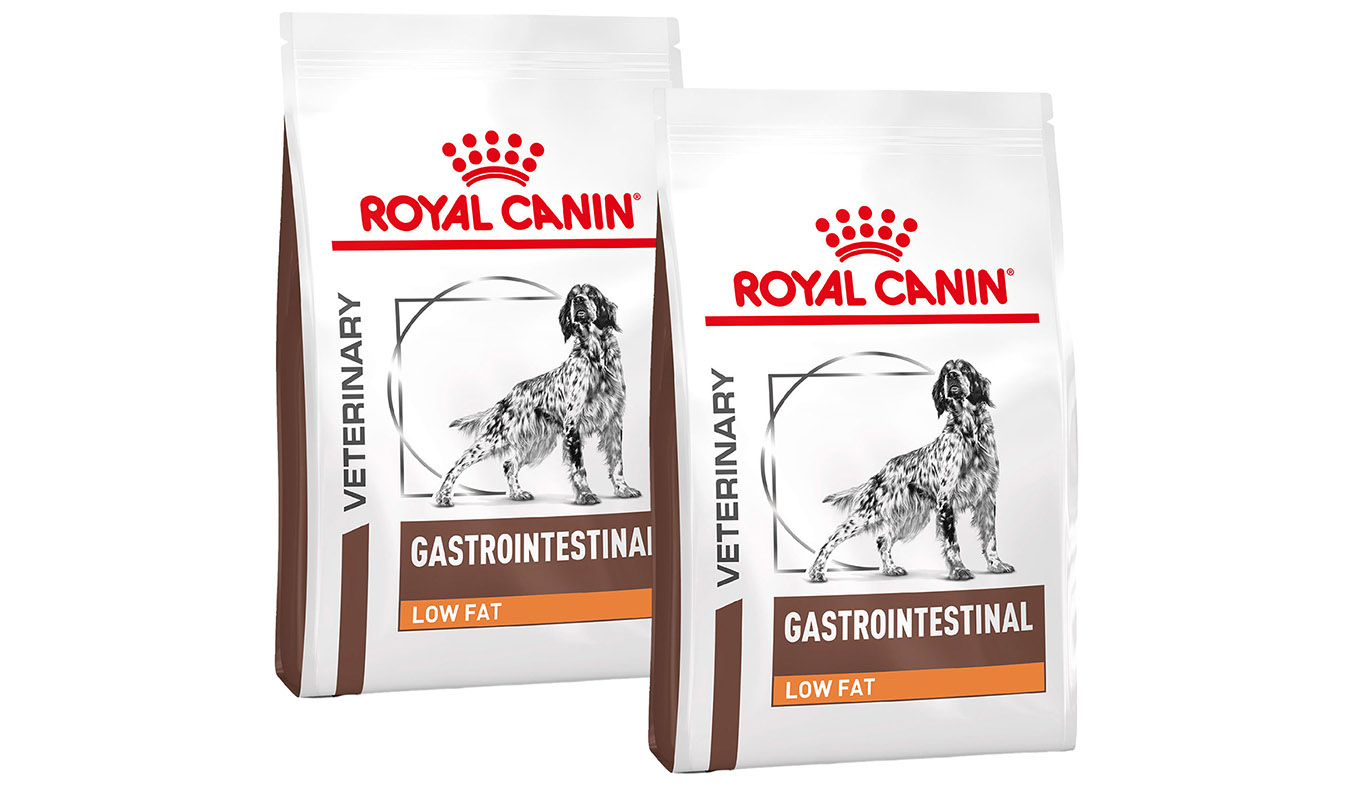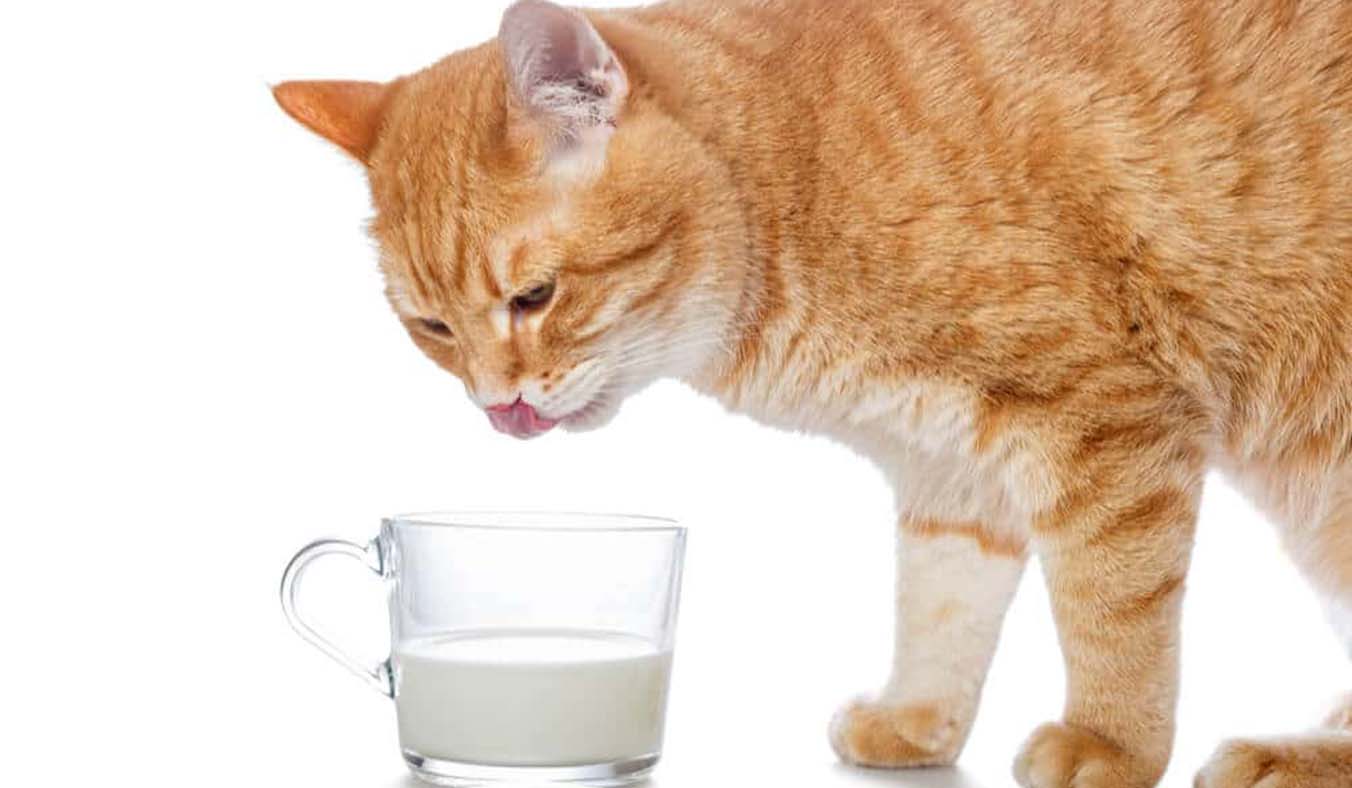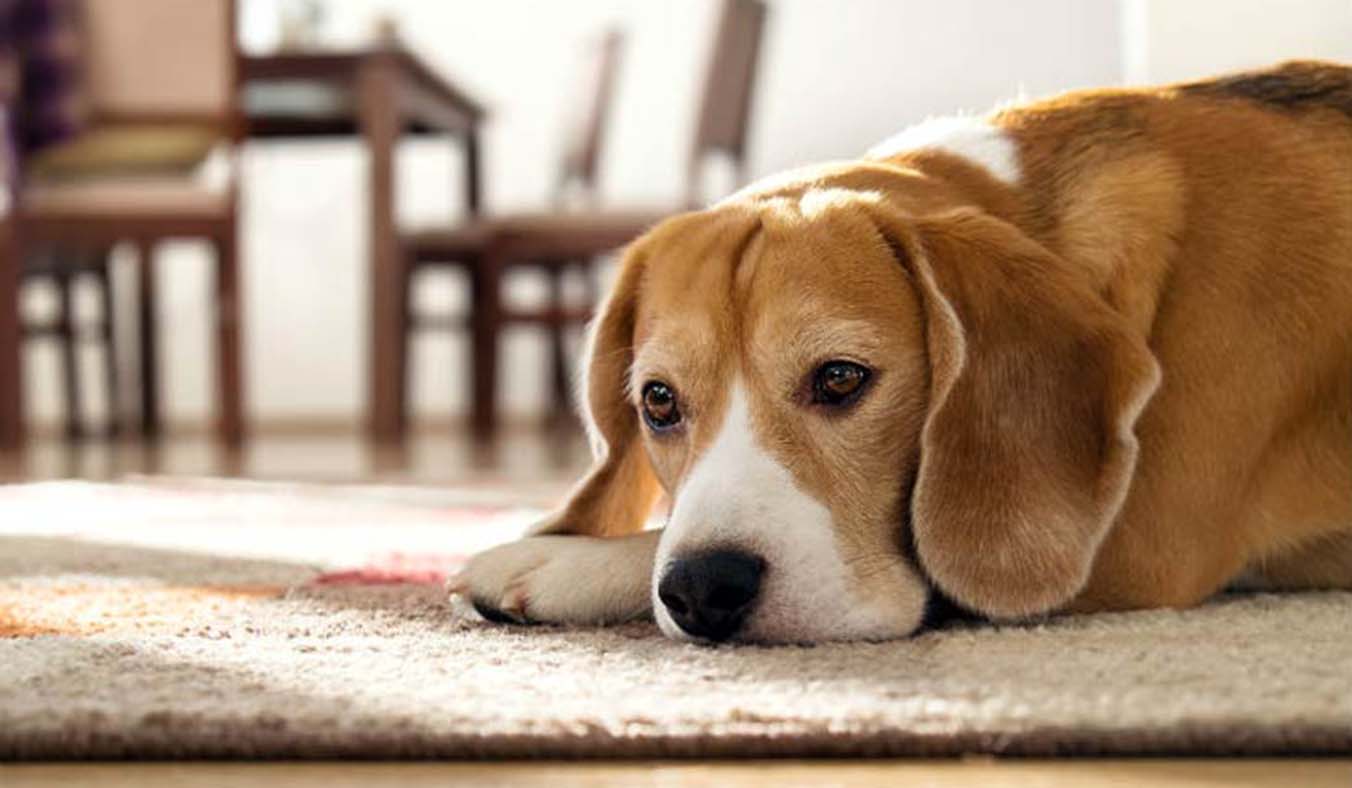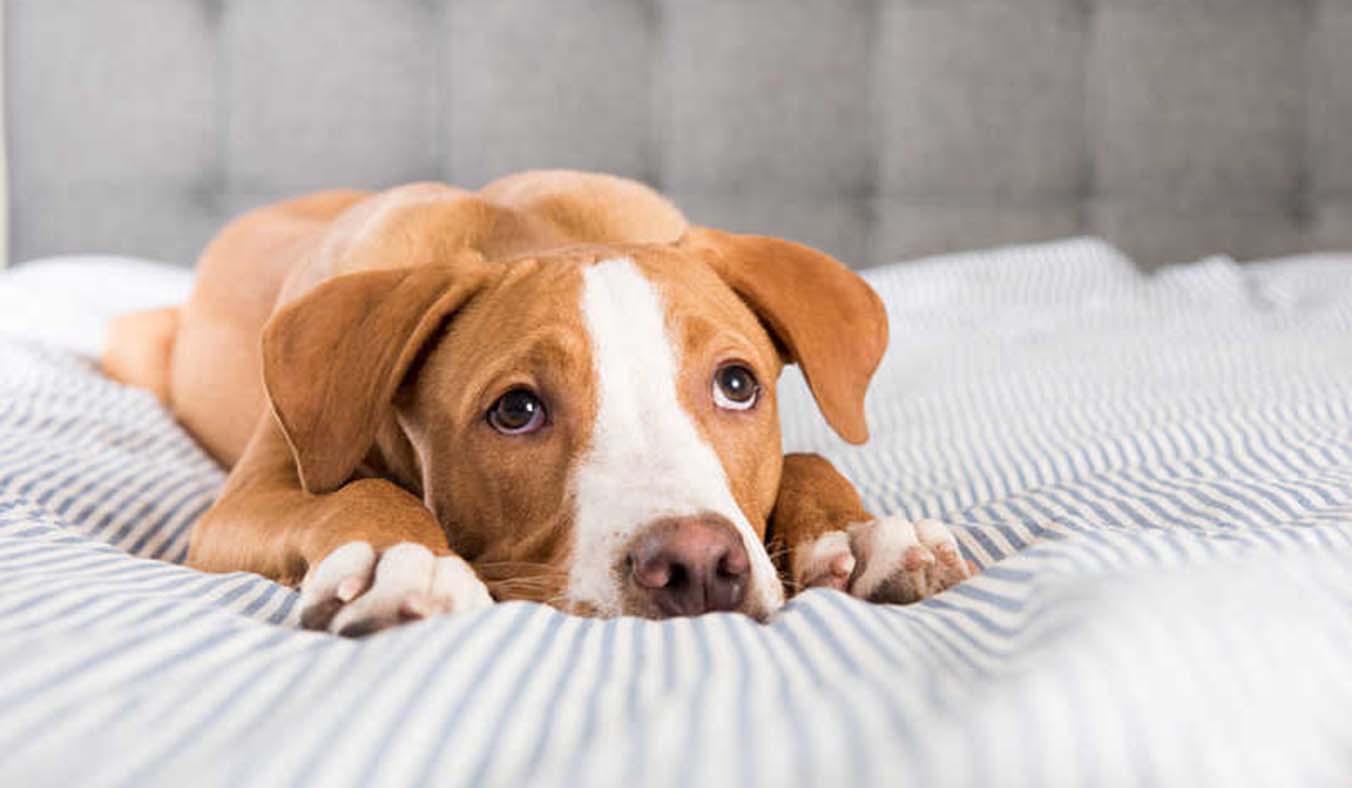In pet health management, digestive issues are among the most common and persistent concerns for pet owners. Especially with the fast-paced urban lifestyle and a wide variety of pet food options, many owners find that their cats and dogs often suffer from diarrhea or constipation. Irregular bowel movements and abnormal stool consistency are no longer isolated problems, but widespread health risks.
The gastrointestinal tract is a key part of the immune system. It’s responsible not only for nutrient absorption but also for defending against external pathogens. When pets experience persistent digestive discomfort or irregular bowel habits, it often indicates that their diet, gut microbiota, or lifestyle needs adjustment.
I. Understanding the Digestive System: Know It to Help It
Dogs and cats have gastrointestinal systems that are similar in function to humans but differ in important ways. Dogs have relatively simple digestive tracts and thrive on high-protein, high-fat diets. Cats, on the other hand, are obligate carnivores and have limited ability to digest plant-based ingredients.
1. The Importance of Gut Microbiota
Thousands of microbial species live in the gut, forming a complex gut micro-ecosystem. Beneficial bacteria such as Bifidobacterium and Lactobacillus help maintain gut health, break down nutrients, synthesize vitamins, and suppress harmful bacteria.
2. Normal Bowel Movement Standards
A healthy pet typically defecates 1–2 times per day. Stools should be well-formed, slightly moist without sticking to the ground, and range in color from brown to dark brown—indicating smooth digestion.
If a pet defecates more than three times a day with loose or watery stool, or goes for days without passing stool (with dry, hard lumps and visible straining), these are warning signs of gastrointestinal imbalance.
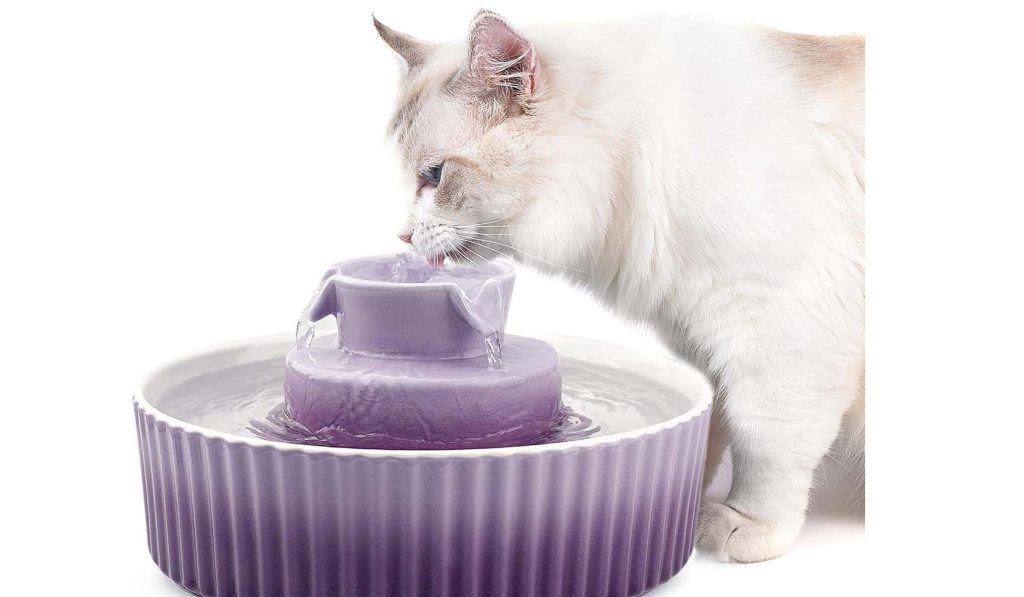
II. Diarrhea: More Than Just “Something They Ate”
1. Common Causes of Diarrhea
- Sudden dietary changes: Quickly switching food brands or introducing new foods can disrupt the gut microbiota.
- Ingestion of unclean items: Eating spoiled food, trash, or park debris.
- Food intolerances or allergies: Such as lactose, grains, or specific animal proteins.
- Stress factors: Environmental changes, boarding, travel, etc.
- Parasitic/pathogenic infections: Like coccidia, giardia, or canine parvovirus.
- Overuse of antibiotics: Kills beneficial bacteria, causing imbalance.
- Underlying diseases: Such as pancreatic insufficiency, colitis, or IBD (Inflammatory Bowel Disease).
2. Assessing the Severity of Diarrhea
- Mild: Pet is active and eating normally; loose stools without blood or mucus. Try dietary adjustments for 1–2 days.
- Moderate to severe: Stools with blood or mucus, visible weakness or dehydration—requires immediate veterinary attention.
- Chronic: Diarrhea lasting more than two weeks—needs a full medical workup and possibly a food elimination trial.
III. Constipation: Slow Gut Motility Is Often Multi-Causal
1. Common Causes of Constipation
- Lack of water: Especially in cats, who naturally have a low thirst drive.
- Low-fiber diet: High-meat, low-fiber meals can slow gut motility.
- Inactivity: Indoor pets may have sluggish digestion due to low activity.
- Hair accumulation: Hairballs in long-haired cats can block the intestines.
- Too many bones in the diet: Common in raw diets; bones are hard to digest.
- Health issues: Such as anal gland impaction, spinal problems, or intestinal tumors.
2. Signs of Constipation
- No bowel movement for over 2 days; visible straining with no results.
- Stools are dry and pellet-like.
- Frequent but unproductive visits to the litter box or toilet area.
- Restlessness, licking the anus, or abdominal sensitivity.
IV. Dietary Strategies: Adjustments for Diarrhea and Constipation
1. Diet Tips for Diarrhea
- Short fasting period (6–12 hours): Let the digestive system rest (ensure access to water).
- Low-fat, easy-to-digest foods: Such as boiled chicken breast, pumpkin puree, and rice (temporary home diet).
- Prescription diets: Like the “Gastrointestinal Low Fat” series to stabilize the gut.
- Probiotic supplements: Such as Enterococcus faecium or Saccharomyces boulardii to restore microbiota.
- Digestive enzyme supplements: To aid fat and protein breakdown.
- Avoid dairy products: Especially for lactose-intolerant pets.
2. Diet Tips for Constipation
- Increase water intake: Replace dry kibble with wet food; add bone broth or poached meat broth.
- High-fiber commercial diets: Include both soluble and insoluble fibers (e.g., beet pulp, oats, pumpkin).
- Pumpkin puree/chia seeds: Natural fiber sources to soften stool.
- Moderate fat supplementation: A bit of olive or salmon oil can help lubricate the gut.
- Gentle laxatives or stool softeners: Use only under veterinary guidance.
- Encourage physical activity: Walks and interactive toys stimulate gut motility.
V. Feeding Best Practices: Building a Healthy Gut From the Start
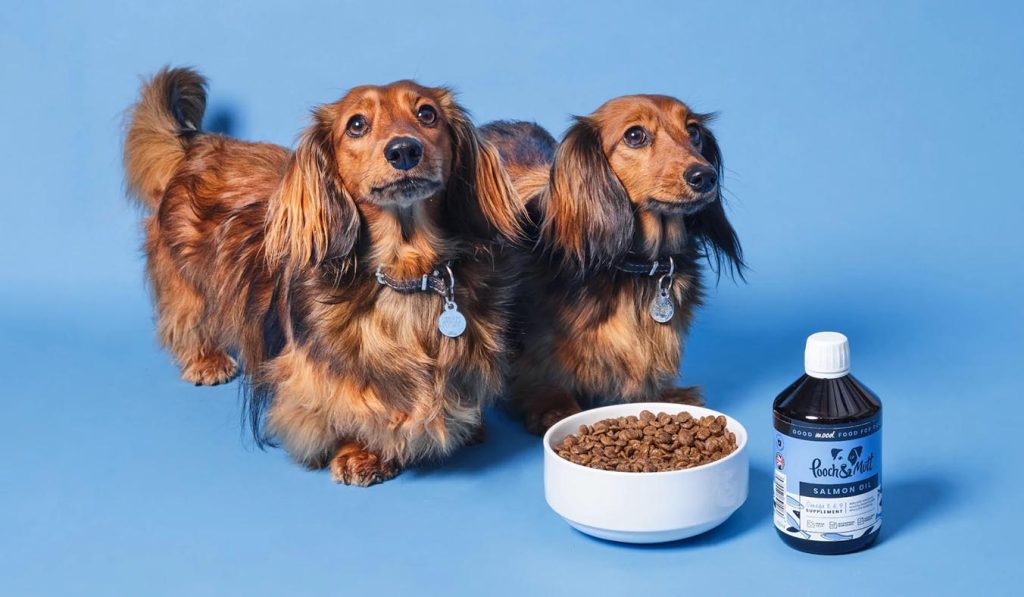
1. Regulate Feeding Frequency and Amounts
Avoid binge eating or long fasting periods followed by overeating. Feed 2–3 times per day at set times to maintain a steady biological rhythm.
2. Don’t Change Foods Too Often
Frequent changes in pet food brand or flavor can lead to digestive upsets. If transitioning, do so over 7–10 days by gradually mixing the new food into the old.
3. Promote Good Hydration Habits
Especially in cats—consider water fountains, placing bowls in multiple locations, or incorporating wet food into their diet.
4. Ensure Balanced Nutrition
B vitamins, zinc, calcium, and magnesium play key roles in digestive health. If preparing homemade meals, consult a vet or pet nutritionist to avoid imbalances.
5. Routine Deworming and Checkups
Parasitic infections are a hidden cause of many chronic digestive issues. Annual fecal tests and basic blood work are recommended.
VI. Digestive Issues Reflect Lifestyle Imbalance
Pet diarrhea or constipation may seem like a dietary issue, but it often reflects broader imbalances in daily care. From food structure and water intake to exercise and routine, every detail affects digestive function.
Chronic gut issues not only impair nutrient absorption but also weaken immunity and increase risk of long-term diseases. Observing bowel habits, stool consistency, and dietary responses—along with keeping a feeding and vet record—are responsibilities every pet owner should embrace.
A healthy gut is at the heart of your pet’s vitality and happiness. Though not as visible as wounds, digestive health deserves just as much attention and care. With the right dietary rhythm and structure, even sensitive tummies can find their calm—bringing true peace of mind to both pets and their families.
